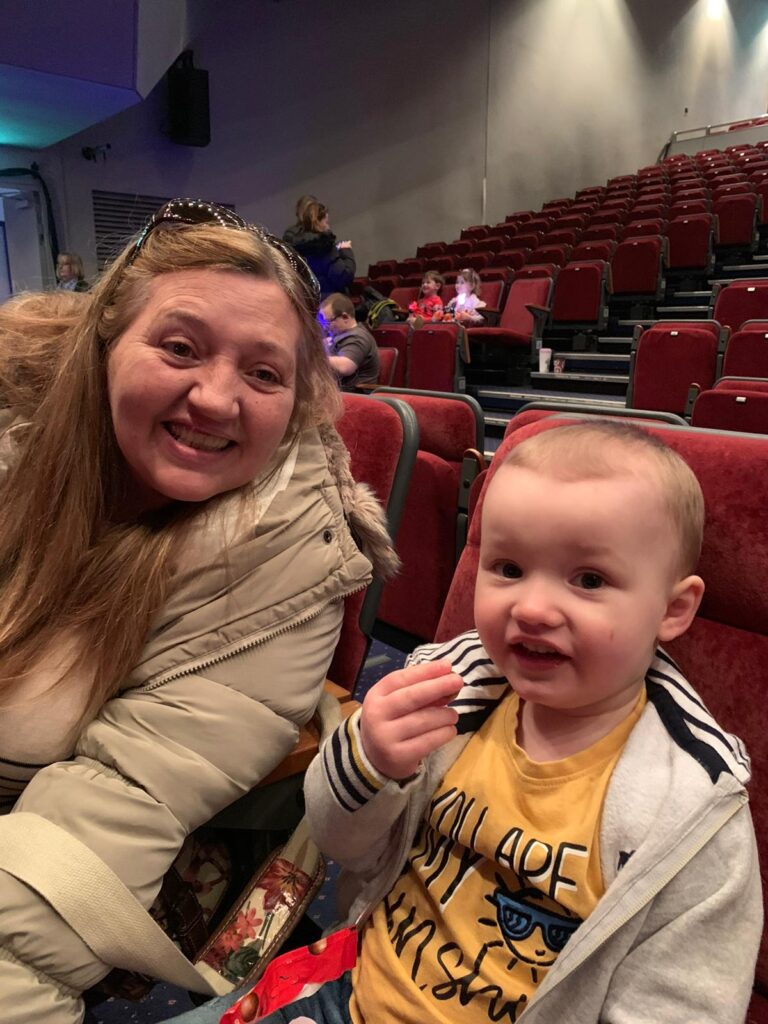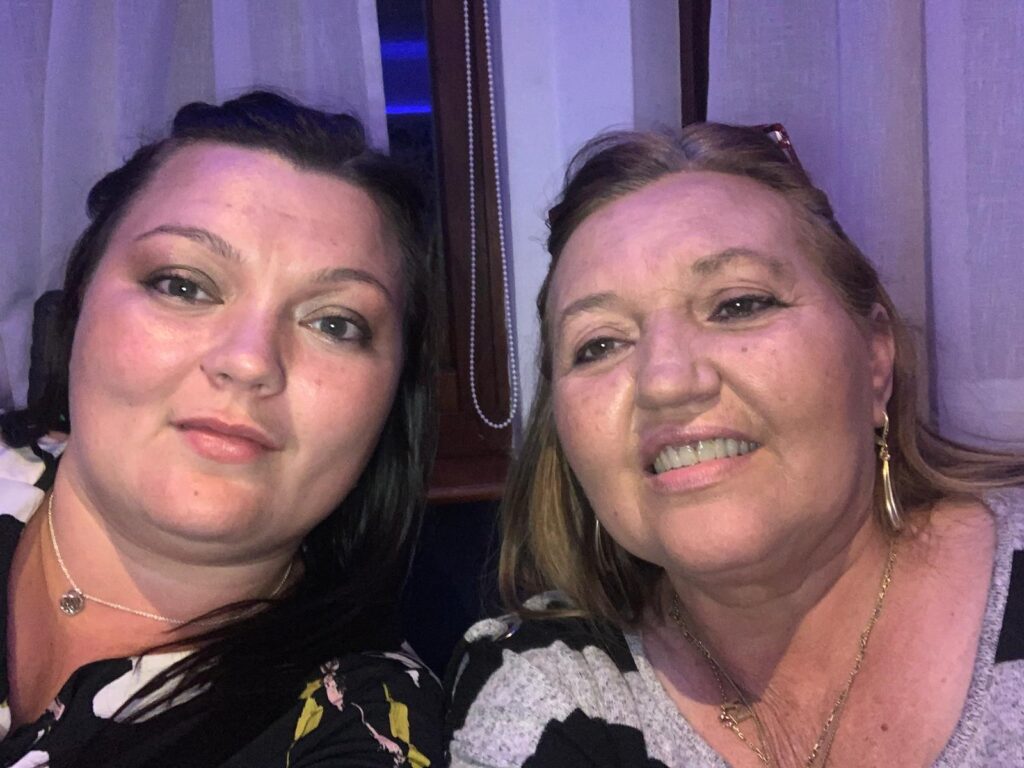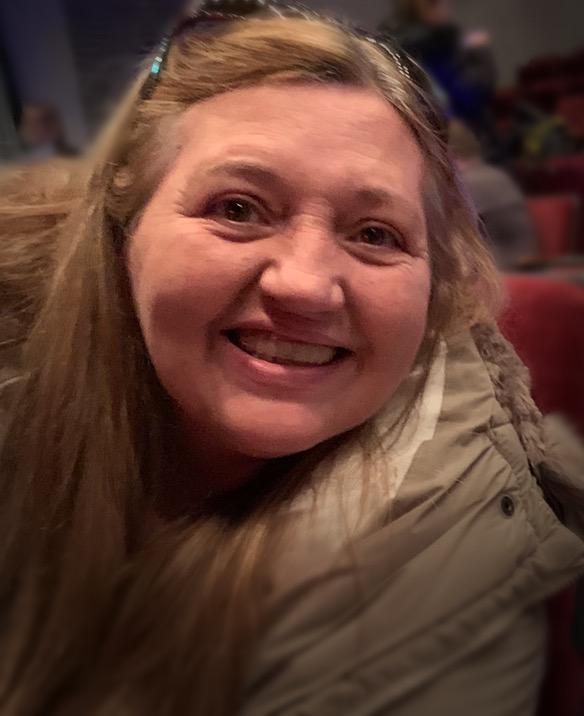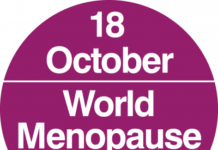February is National Heart Month and Wales’ leading heart charity is calling for action to raise awareness of heart disease in women and tackle inequalities in treatment and care
Unconscious bias and systematic inequalities in healthcare in Wales are leaving women at a disadvantage at every stage of the heart disease journey, according to British Heart Foundation (BHF) Cymru.
Wales’ leading heart charity says the pandemic has highlighted health inequalities and the urgency of getting cardiovascular care right.
Coronary heart disease (CHD) is the leading cause of heart attacks, and Wales has the second highest CHD female death rate of the UK’s four nations [1] with around 1,300 women dying every year – double the number of deaths caused by breast cancer.
Research funded by the BHF suggests that the deaths of at least 8,000 women could have been prevented through equitable cardiac treatment over a ten-year period in England and Wales [2] and Covid-19 has only exacerbated existing health inequalities.
BHF Cymru says women are:
• not seen as being at risk of heart attacks
• more likely to be misdiagnosed or diagnosed slowly
• less likely to receive optimal treatment
• more likely to experience difficulties accessing cardiac rehabilitation

The charity says there are long-standing societal biases and misunderstandings which assume that women are not at risk of heart attacks. A 2021 BHF Cymru survey of 1,000 people in Wales showed that women are not seen as being at risk of heart disease by the Welsh public, with 65% of people in Wales unable to identify heart disease as one of the leading causes of death for women [3].
Each year, around 1,700 women are admitted to hospitals in Wales due to a heart attack. [1] Yet, the BHF Cymru survey found that over a third of women in Wales do not feel confident in recognising the symptoms of a heart attack and only 7% feel very confident [3]. As women are not seen by the people of Wales as being at risk of heart attacks. When they experience the symptoms of a heart attack, these might not be taken seriously by themselves or those around them.
There are plans to address health inequalities faced by women in England and Scotland. Gemma Roberts, Policy and Public Affairs Manager for BHF Cymru says the charity would like to see the same commitment from Welsh Government.
She comments: “Welsh Government should commit to a women’s health plan which prioritises inequalities experienced by women with heart disease. The plan should seek to improve outcomes for women with heart disease through improved public awareness, timely diagnosis, equitable treatment and equitable access to cardiac rehabilitation.”
Mandy Swift, 56, from Rhyl was 51 when she had her first heart attack, but didn’t recognise the symptoms, so didn’t seek medical attention. Mandy says: “I was living alone, and afterwards I just carried on with my job and life as normal.”
Just three months later in March 2017, aged 52, Mandy had a second heart attack, but again didn’t realise what was happening to her and waited a further week before seeing her GP, who immediately sent her to hospital where she underwent an emergency procedure and had two stents inserted.
She says: “This time my experience was more painful, and was vomiting for longer. I slept for most of the weekend. I just didn’t feel right but it was another week before I went to my GP because I felt my heart was pounding and didn’t feel normal. My GP put me straight on a heart monitor and then rushed me to hospital for an emergency procedure and within two hours I’d had an angioplasty and two stents. I’m now living with heart failure. Before the actual heart attacks, I had been feeling tired, moody, had felt some palpitations nothing too much, but I had attributed this to the menopause because of my age. I don’t actually know if this might have been warning signs, it certainly hadn’t worried me enough to go to the doctor.”
Mandy was living in Bulgaria when she had her first heart attacks. She moved back to North Wales and experienced a third heart attack in December 2020. She’s due to have a pacemaker fitted in March and says she wants her life back.
Mandy continues: “My whole life has changed since my heart attacks. I’ve had to give up my job and my life in Bulgaria and move back to the UK. I didn’t recognise the symptoms of my heart attacks and didn’t know what was happening to me. I’m now on a lot of medication; I take nine tablets each morning and six each night. I can no longer work because of my condition, I’m very tired a lot of the time, I feel the cold more and some days I can barely walk.
“It’s hard adjusting to my condition as I’ve always been busy and active. I had no previous heart issues and there’s no history of heart attacks in my family. I have to learn to live with my heart condition now and to accept what’s happened and make adjustments, but it’s not easy.
“However, I know I am very lucky and that it could have been a completely different experience if I delayed treatment any longer. That’s why I’m backing BHF Cymru’s call for more women to better understand their risk of a heart attack and its symptoms.”

Mandy’s daughter Vicki Salusbury, 37, says she’s concerned that women across Wales need to be more aware of the risks of heart attacks and to make sure they seek medical attention if they have symptoms. “Mum has had three heart attacks and each time the symptoms have been different,” she says. “I want women across Wales to be better informed that they are at risk of heart attack and not to think it’s something which just affects men. If they are having symptoms, they need to make sure they get medical attention and treatment urgently. My mum looks after my 5-year-old son Gethin, and I’ve taught him how to use FaceTime on his iPad to contact me if Nannie is unwell while she’s looking after him, that’s not something any child should have to know, but it’s an anxiety we all live with.”
BHF Cymru wants to highlight that heart attacks don’t just affect men. The nation’s biggest heart charity also wants to encourage women to better understand their risk of a heart attack and its symptoms.
Gemma Roberts, Policy and Public Affairs Manager for BHF Cymru says: “Through our BHF funded research, we can see clearly that women are disadvantaged at every stage of the patient pathway.
“Tragically, women are less likely to be diagnosed quickly, less likely to receive optimal heart disease treatment and less likely to receive cardiac rehabilitation after a heart attack or surgery. We fear that the assumption that women are not at risk of heart disease is costing women their lives. This has got to stop.
“We are calling on Welsh Government to commit to a Women’s Health Quality Statement which adopts a lifetime view, moving beyond the idea of women’s health as synonymous with just reproductive health. The women of Wales deserve a dedicated quality statement that drives change to tackle inequity in both care and outcomes between men and women – a problem which is perilous in cardiac care.
“Welsh Government can lead the way, shine a light on these health inequalities and prevent women in Wales dying needlessly from heart disease.”
Consultant Cardiologist Lena Izzat from Llanelli is backing BHF Cymru’s campaign. She says, “At every stage – from the moment they experience symptoms through to their rehabilitation – women with heart disease can face disadvantages. This has to change.
“We know that because people don’t think women are at risk of heart attacks women often wait longer before calling 999 after first experiencing heart attack symptoms. But that delay can dramatically reduce the chance of survival. Women may be less likely to receive a timely diagnosis and, even after the event, women are less likely to be offered cardiac rehabilitation to improve their recovery. It is incumbent on us all to work together to address these issues to help save and improve lives.”
To find out more about the BHF’s campaign, visit Bias and biology: The heart attack gender gap
Help keep news FREE for our readers
Supporting your local community newspaper/online news outlet is crucial now more than ever. If you believe in independent journalism, then consider making a valuable contribution by making a one-time or monthly donation. We operate in rural areas where providing unbiased news can be challenging. Read More About Supporting The West Wales Chronicle























